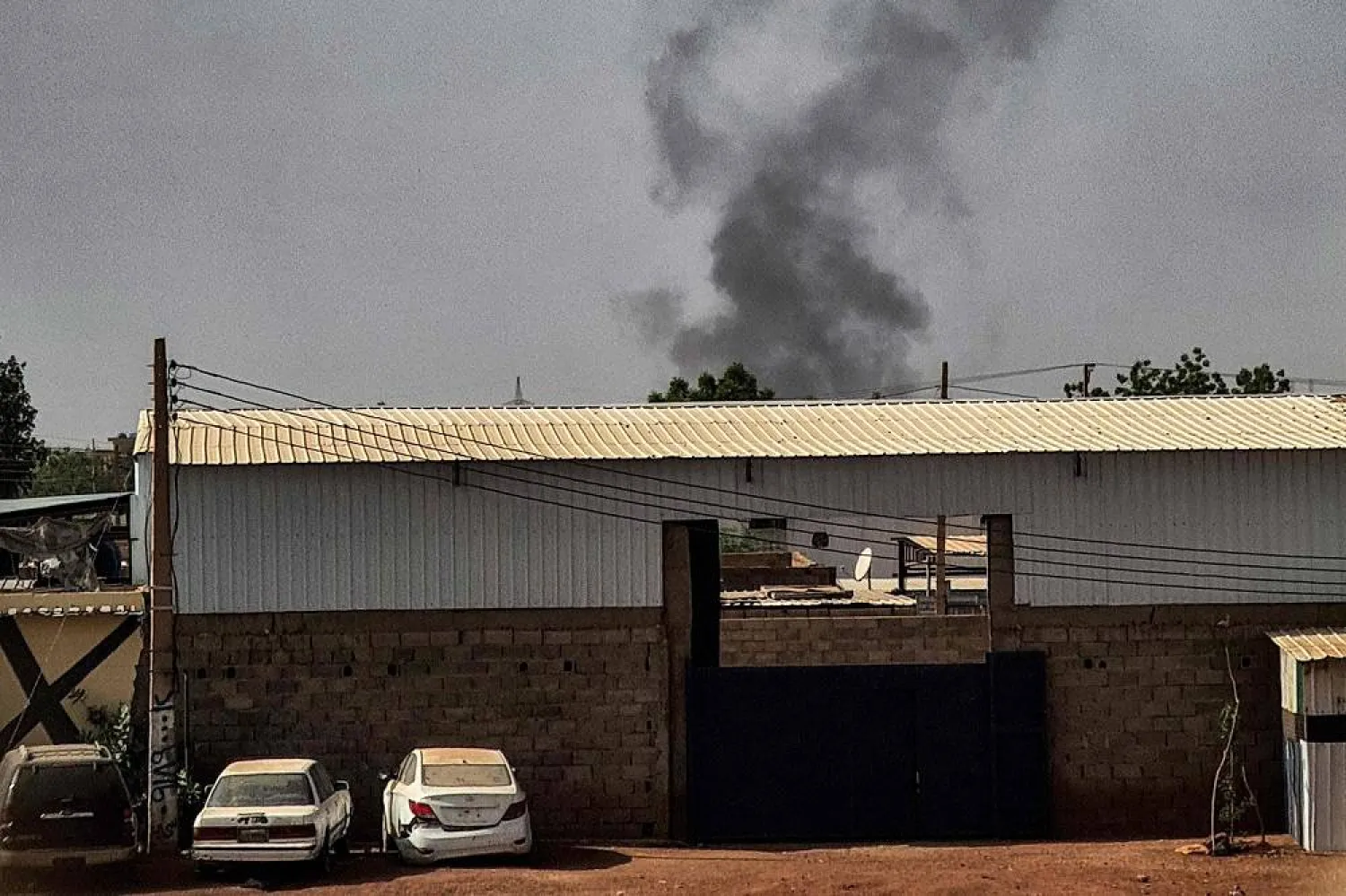Sudan's warring sides accused each other on Thursday of being behind breaches of the latest ceasefire that was negotiated by the US and Saudi Arabia, now in its third day.
The one-week truce was violated only minutes after it came into effect on Monday night, with residents of the capital Khartoum reporting air strikes and artillery fire shaking the city.
There have since been further breaches of the ceasefire agreement, which is meant to allow for much-needed humanitarian aid to reach war-ravaged parts of the north African country.
It is the latest in a series of truces that have all been systematically violated.
Since April 15, Sudan's capital and other parts of the country have been gripped by brutal urban warfare between the regular army, the Sudanese Armed Forces (SAF), and the paramilitary Rapid Support Forces (RSF).
But though the current ceasefire has been violated, it has allowed for a lull in fighting that has seen frightened residents cautiously venture out of their homes, some for the first time in weeks.
Many have gone out for supplies of food and water or to seek much-needed medical attention after nearly six weeks of fighting that has sharply depleted vital supplies and pushed the healthcare system to the brink of collapse.
In a statement issued late Wednesday, the RSF, which is led by Mohammed Hamdan Daglo, sought to place the blame for ceasefire breaches on the army led by Sudan's de facto leader Abdel Fattah al-Burhan.
The army "launched a series of unwarranted attacks today", the RSF said, adding that "our forces decisively repelled these assaults".
"Our forces successfully shot down a SAF MiG jet fighter," it said, reiterating however that it remained "committed to the humanitarian truce" and called on the "aggressors to respect the ceasefire".
The army responded Thursday morning, saying it had "countered an attack on armored vehicles by the militias of the Rapid Support Forces in a clear violation of the truce".
The United States and Saudi Arabia, which brokered the ceasefire, on Wednesday pointed to reports "indicating that both sides violated the agreement" but said "fighting in Khartoum appeared to be less intense".
The UN envoy for the Horn of Africa, Hanna Tetteh, expressed concern that fighting was still continuing despite the truce. "It's unacceptable and it must stop," she said.
Over a million displaced
Desperately needed aid has yet to reach the capital despite the brief lull.
The conflict has so far killed more than 1,800 people, according to the latest figures from the Armed Conflict Location and Event Data Project.
More than a million Sudanese people have been displaced, in addition to 300,000 who have fled to neighboring countries, according to the United Nations.
Conditions have been particularly alarming in the western region of Darfur, already ravaged by a conflict that erupted in 2003.
The UN's refugee coordinator in Sudan, Toby Harward, said the town of Zalengei in Central Darfur state "has been under siege by armed militias for the last days".
Numerous facilities "have been attacked and looted, civilians are unable to seek medical care as healthcare facilities are targeted, and gangs on motorcycles intimidate government workers and restrict civilian movements", he added.
Representatives of the warring Sudanese generals have since early May been involved in negotiations in the Saudi city of Jeddah on the Red Sea.
But analysts have repeatedly warned that the two generals are likely prepared for a prolonged conflict.
Burhan and Daglo had in 2021 staged a coup that unseated a civilian transitional government but later fell out in a bitter power struggle.









